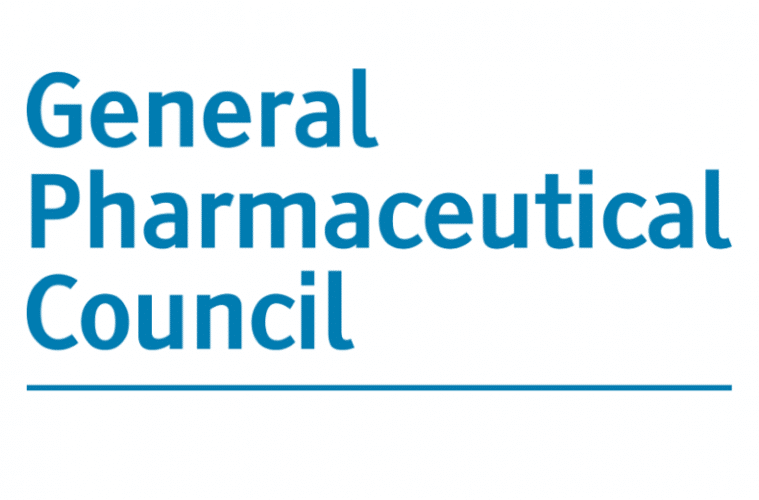On Tuesday 14 November the Department of Health laid the Dispensing Errors (Registered Pharmacies) Order before Parliament.
In response GPhC Chief Executive, Duncan Rudkin said:
“We very much welcome the news that the Dispensing Errors (Registered Pharmacies) Order has now been laid before Parliament.
“Openness and honesty when things go wrong is a core part of the standards for pharmacy professionals. This change in legislation will remove a barrier to improved reporting and learning from errors and we are pleased to see continuing progress towards changing this legislation.
“We look forward to a governmental consultation next year on removing the threat of criminal sanctions for dispensing errors made by pharmacists working in settings other than registered pharmacies. We have consistently been clear that single dispensing errors do not in our view constitute a fitness to practise concern, if there is not a wider pattern of errors or significant aggravating factors.”
The laid Order can be found on the government legislation website HERE
John D’Arcy, Managing Director, Numark said:
“Numark is delighted to learn that the regulations defining a legal defence from criminal sanctions for inadvertent dispensing errors has finally been laid before Parliament. This has been a long time coming but is much needed to remove a significant practice burden from pharmacists and their teams created by an anachronistic legal provision. The change in the law recognises that pharmacists are human and puts them on an equal footing with other healthcare professionals.”
Steve Howard, Quality & Clinical Standards Director and Superintendent Pharmacist at Celesio has also said:
“I am delighted to see that the Dispensing Errors Order 2018 has today been laid before Parliament. This is a significant milestone and my thanks and congratulations go to Ken Jarrold and all the Rebalancing Board members and officials for their tenacity and determination to see this through. I am confident that this will be supported by improvements in reporting and learning, and such will enhance patient care.”


